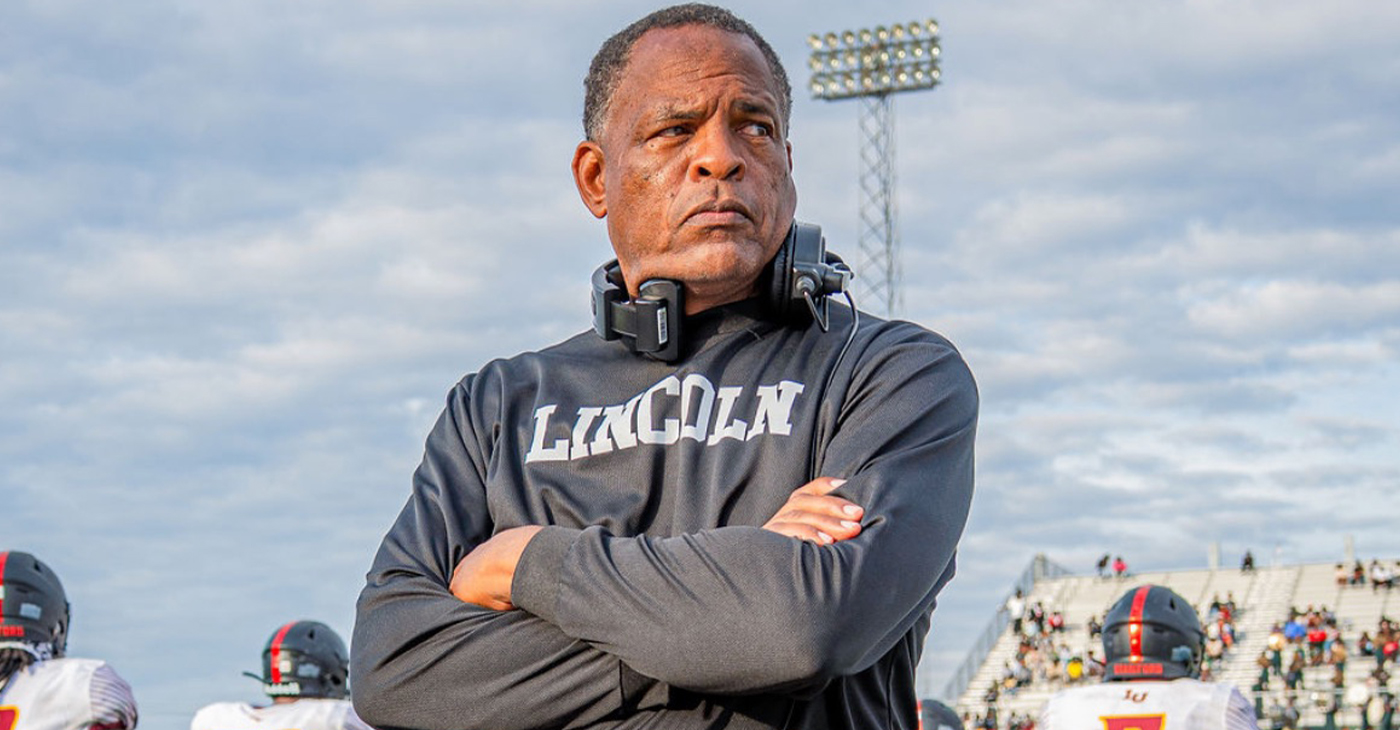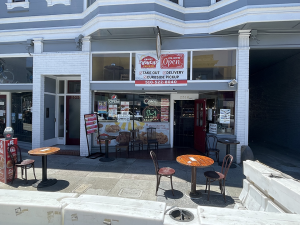By Ken Epstein
The Oakland Unified School District is dismantling its Department of State & Federal Programs—eliminating all eight staff positions—leading some of the department’s staff to question how the district will continue to meet the legal requirements to receive restricted funding that supports the educational needs of low-income and English Learner students.
“OUSD is removing the systematic checks and balances in place needed to ensure State and Federal funds are both allocated and used according to state and federal mandates,” according to a recent internal “Memorandum of Impact” produced by State and Federal staff and submitted to Supt. Kyla Johnson-Trammell and other senior district leaders.
The memo, obtained by the Oakland Post, cited the district’s one-paragraph rationale for the layoffs in a document called “Reallocation Impact Analysis,” which said that the budget office can handle the work and that State and Federal is less important now because funding has shifted to new programs.
“There are fewer responsibilities…Monitoring of compliance will be shifted to budget teams,” the district report said.
In response, the 13-page memo said, “The rationale lacks coherence, logical arguments and complete sentences, and highlights the absence of thoughtful reasoning; and ultimately a cavalier decision that can cost the district millions.”
“The lack of transparency and accountability by those who made the decision to dismantle State and Federal makes it difficult to speculate about the rationale or if the impact is truly understood,” the memo said.
The memo also raised concerns about the loss of “institutional knowledge.”
“Without individuals (who) have the knowledge to lead OUSD through audits…, there is a great potential for financial liability,” it said.
Responding to the Post’s questions, the district said it is “redesigning” the department as part of its efforts to “streamline” central office functions but is not eliminating oversight of state and federal funding.
Funds that State and Federal oversees total about $22 million, including:
• Title I ($17.6 mil), programs serving low-income students
• Title II ($2 mil), provides low-income and minority students access to effective teachers
• Title III ($2.4 mil), offers supplementary services to English Learner students.
The memo also said that State and Federal, like other OUSD departments, for years has had to perform its duties without adequate staff and revolving leadership.
“Constant change in leadership and understaffing of State and Federal has resulted in department instability leading to fragmented policies and procedures not uniformly implemented. For the first time in years, State and Federal currently has adequate staffing with a leader capable of creating and sustaining meaningful change for the department,” the memo said.
According to the memo, cutting six of the eight people in the department (as was originally proposed) would save the district only $21,739 in General Purpose funds and “does not substantially further the aim towards reducing debt and (enhancing) fiscal vitality.”
“The flippant assertion that State and Federal’s ‘work’ will go to budget (staff) demonstrates the lack of understanding of the scope and extent of the department’s responsibilities and the specialized knowledge required to perform such functions,” the memo said.
Oakland’s eight-person department is comparable in size to those in similar districts, Fresno, San Francisco and Stockton, according to the memo.
The memo provided examples of the department’s work and how much money it has saved the district.
Among its duties, the department makes sure students receive “mandated minimum instructional time.” This year, the department “mitigated” a $1.2 million negative finding from 2017-18, reducing the amount that had to be repaid from General Purpose funds to $350,000 and saving the district $850,000.
The department “assists and defends” school sites during audits. In a recent audit, the district was facing a negative finding of $3.3 million. Due to the work of State and Federal, according to the memo, the the district only paid back $539,758, saving $2.7 million.
The department manages funding to 15 private schools, which are “entitled to receive equitable services” for students who qualify for the funding.
State and Federal also “trains and assists all OUSD sites” to establish legally compliant School Site Councils, which are responsible for approving Title I budgets.
“Without State and Federal, sites will be fully exposed,” the memo said.
The “misuse and mismanagement of State and Federal funds” can also result in criminal investigations, which could lead to fines or prison terms, according to the memo, which mentioned a 2012 FBI investigation of an “OUSD employee regarding dubious use of funds and disbursements,” without elaborating further.
In response to questions from the Oakland Post, Michael Fine, CEO of the Fiscal Crisis Management and Assistance Team (FCMAT), which collaborates with the Alameda County Office of Education (ACOE) to oversee the school district, defended the district decision.
He said that the numbers of State and Federal Programs in recent years have fallen from 72 to 14-16. “Consolidating financial management and monitoring for these programs with our similar financial management and monitoring activities makes a lot of sense,” he said.
He said FCMAT was not involved in decisions to cut staff. “FCMAT has not been involved in any budget reduction decisions or recommendations,” he said. “We do have the task, along with ACOE, to evaluate the approved reductions for reasonableness, and we are doing that.”
“Districts are moving to managing their total resources together and not separating out by funding agency,” he said. “This practice provides for a dramatic improvement in resource management of the overall instructional programs…”
In a response to Post questions, district spokesman John Sasaki said, “OUSD is well aware of the problems that could arise if we don’t administer and oversee our state and federal programs and dollars properly. We would never shirk that responsibility.”
Sasaki said central office redesign is still a work in progress and not yet ready to be made public.



 Activism3 weeks ago
Activism3 weeks ago
 Activism3 weeks ago
Activism3 weeks ago
 Activism4 weeks ago
Activism4 weeks ago
 Activism2 weeks ago
Activism2 weeks ago
 Business2 weeks ago
Business2 weeks ago
 Activism2 weeks ago
Activism2 weeks ago
 Activism3 weeks ago
Activism3 weeks ago
 Activism2 weeks ago
Activism2 weeks ago












































